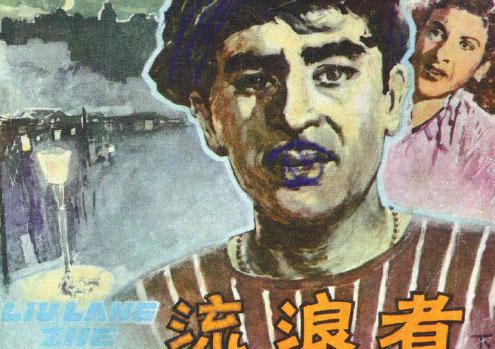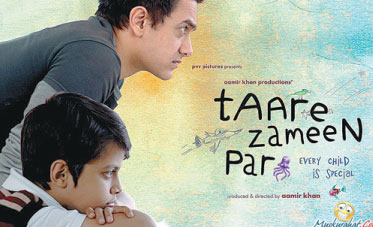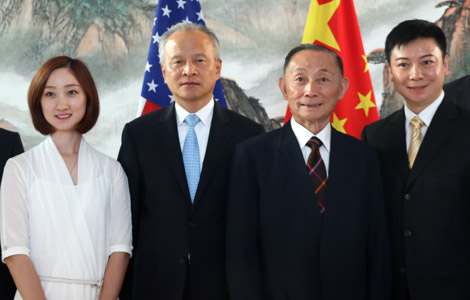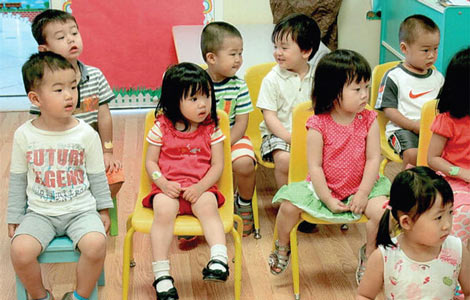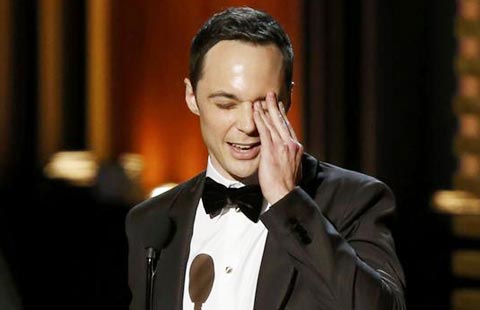Hindi film power
Updated: 2014-08-28 07:14
By Satarupa Bhattacharjya(China Daily USA)
|
||||||||
Bollywood is pushing against Hollywood for a bigger share of the foreign-film market in China, Satarupa Bhattacharjya reports.
Indian ambassador Ashok K. Kantha says that his Chinese friends are all able to sing the songs of Awara (1951), or "The Tramp", a Hindi film.
Kantha was speaking last week to guests gathered at a Beijing auditorium for the opening of a just-ended Indian film festival.
Awara, set against the backdrop of an Indian society rife with inequities, tells the story of a young man who is estranged from his seemingly righteous father. It was a mega hit in China and the Mandarin version of its title soundtrack Awara Hoon (I am a tramp) is still popular with older Chinese.
Awara, also a colossal success in the former Soviet Union, came to China at a time when people had little access to foreign films and the local industry was still forming.
"The film's content and the destinies of the main characters resonated in China," says Wang Yiwen, a professor from the School of Art and Communication at Beijing Normal University.
Wang, who watched the film in the '70s as a teenager, says that Awara was twice screened in Chinese theaters - once before the "cultural revolution" (1966-76) and once after it had ended. Foreign films were banned in China for most of the "cultural revolution".
No other production from Bollywood, as the Hindi film industry is popularly known, has been able to achieve the glory of Awara in China.
In recent times, the Indian blockbuster 3 Idiots (2009), attempted to woo Chinese moviegoers with some success. As a critique of India's orthodox educational system, the movie traveled widely among younger Chinese who struggle to be creative in an environment seen to encourage rote learning. My Name Is Khan (2010), another Bollywood smash hit, had a lesser impact at the Chinese box office.
In July, Bollywood action heist Dhoom 3 (2013) released to a dismal performance. It was the only Indian movie to be cleared for general viewing this year. China allows 34 foreign films to be shown in cinemas each year, and Hollywood bags the lion's share of the available slots.
Bollywood's presence is better felt on Chinese mainstream video streaming websites such as Youku. Chinese people don't get to see enough of French, German, Italian and Japanese movies as well, Wang says, owing to Hollywood's monopoly.
With its big-budget, high-tech features and universal storylines, American movies have ruled the local market since its emergence over the past three decades. After the United States, China is the world's biggest film market, with box-office revenues estimated to reach 28 billion yuan this year.
India, on the other hand, produces more than 1,000 films in 20 languages annually, making it the world's largest moviemaker.
Although Indian movies made in languages other than Hindi significantly contribute to the market, Bollywood steals the show. Of the eight Indian movies shown at the weeklong Beijing festival, seven were in Hindi.
Still, Bollywood has an uphill task in China.
"India has to take more steps to promote Bollywood among Chinese audiences," says Zhou Xing, a professor of cinema at the Beijing Normal University. "If the Hindi film industry wants to win world markets like China, the US or European Union, it has to make some changes that conform to global trends."
Bollywood meets its domestic demands but it hasn't made international expansion a goal. In contrast, Hollywood's business model is more mature, he adds.
In the years between Awara and 3 Idiots, a brief Sino-Indian war in 1962, the "cultural revolution" and China's sensitivity to content in foreign films may have added to Bollywood's poor showing, but audiences here also found Hindi films to be boring, with too-frequent sequences of songs and dances, trade analysts say.
Nirupama Kotru, director (films) of India's federal Ministry of Information and Broadcasting, says change is afoot.
"Content has changed, technology has improved and stories have become simpler for people to understand (universally)," she says, adding that India is looking to create greater awareness for its movies in China.
To Bollywood fan Wan Cheng, a Chinese woman in her 20s, Hindi films should leverage on the skills of India's young filmmakers, who have shown they can marry modern filmmaking and traditional themes. "The punch line of Bollywood films is different from Hollywood," she says.
The festival was held as a part of the yearlong cultural fare "Glimpses of India" in China.
Contact the writer at satarupa@chinadaily.com.cn
|
Awara was a mega hit in China. The Mandarin version of its title soundtrack is still popular with older Chinese. Photos Provided to China Daly |
|
One of the films at the Indian film festival in Beijing. |
(China Daily USA 08/28/2014 page10)
Most Viewed
Editor's Picks

|

|

|

|

|

|
Today's Top News
China and US in talks on code of conduct
Chicken market gets a boost
Microsoft 'not fully open with sales data'
Lawmakers in move to tackle espionage threat
Director turns 'green' making film
Airplanes' skirmish still debated
Mugabe a frequent visitor to China
Australian MP apologizes for insulting Chinese
US Weekly

|

|
